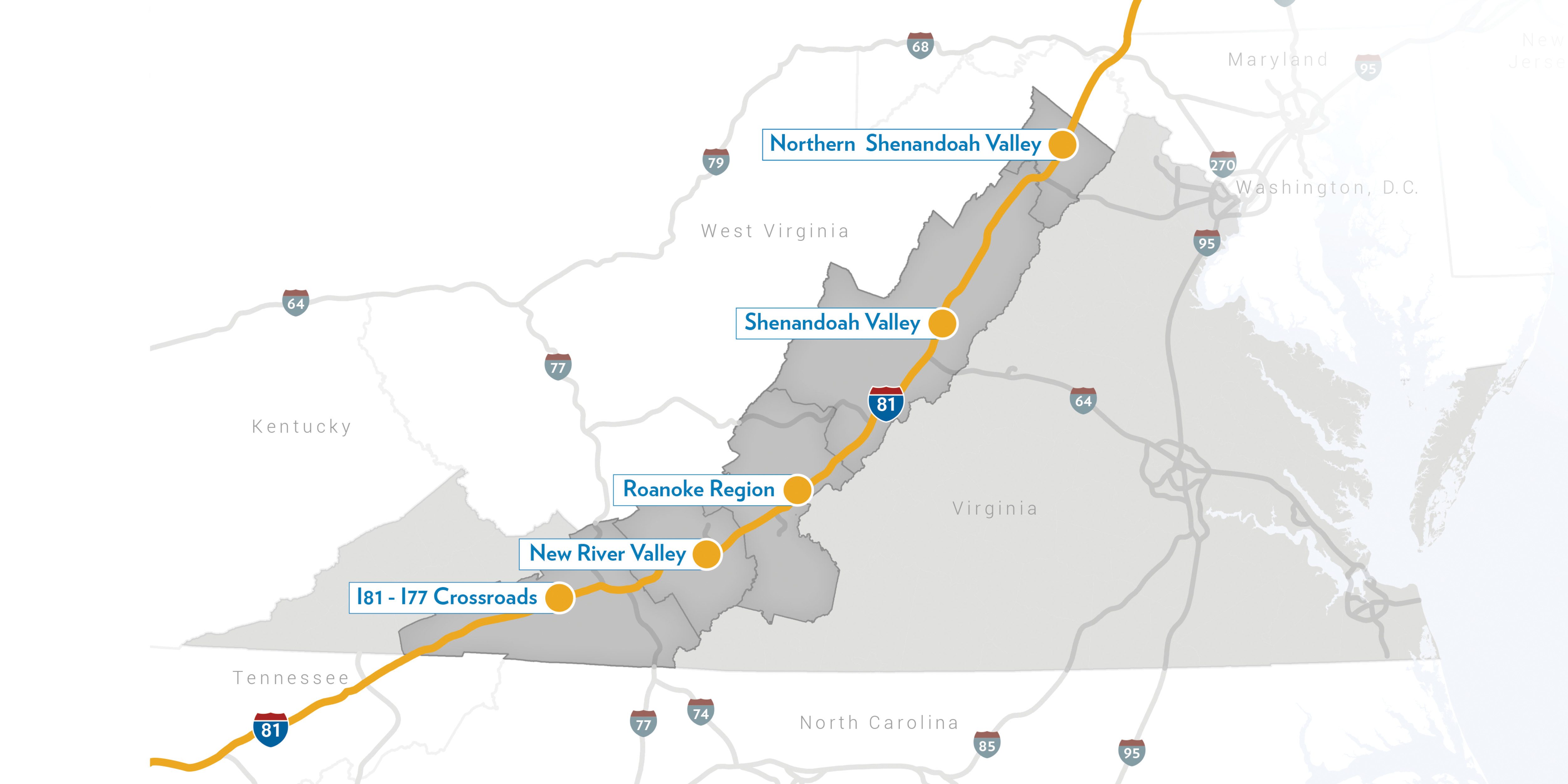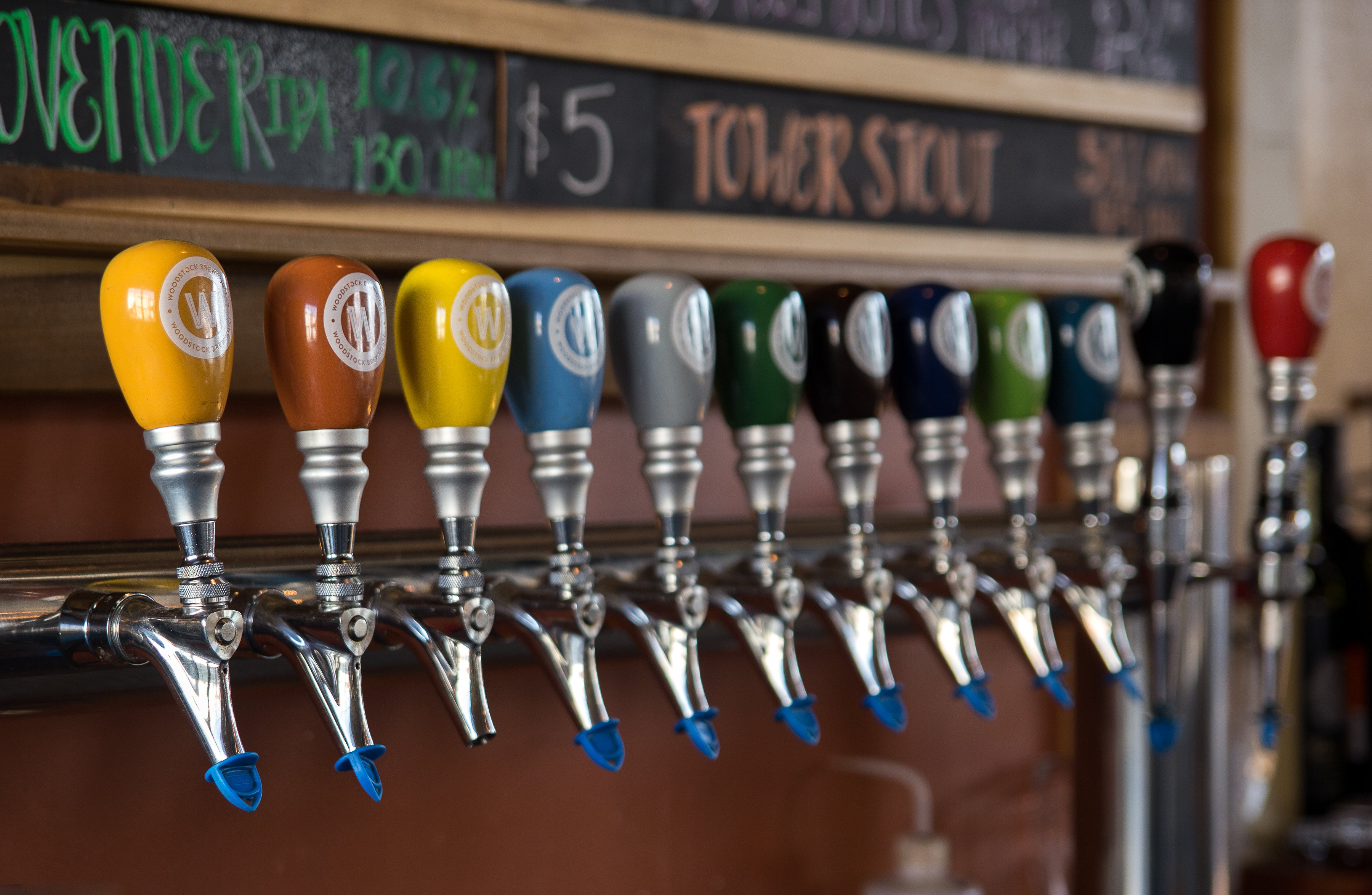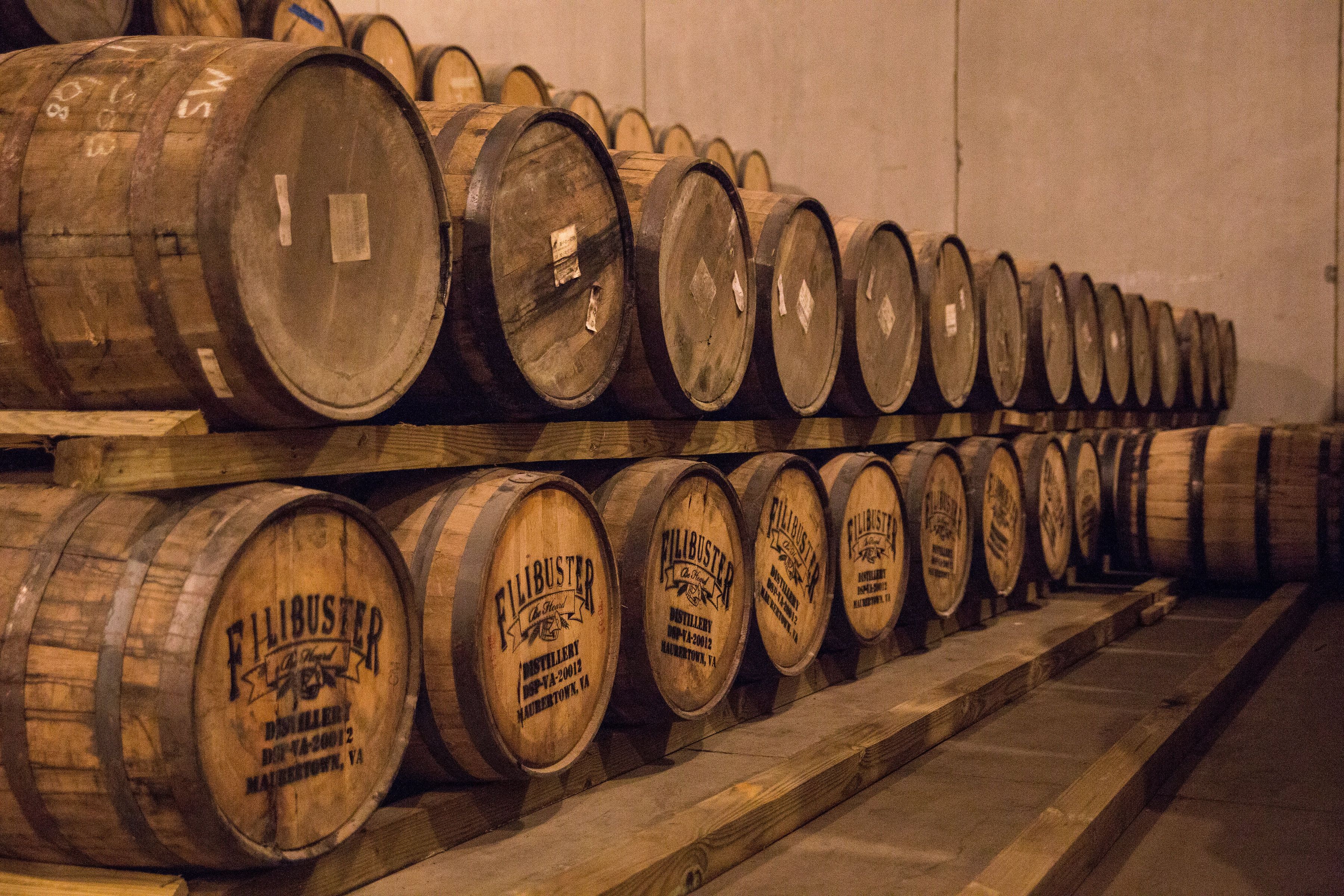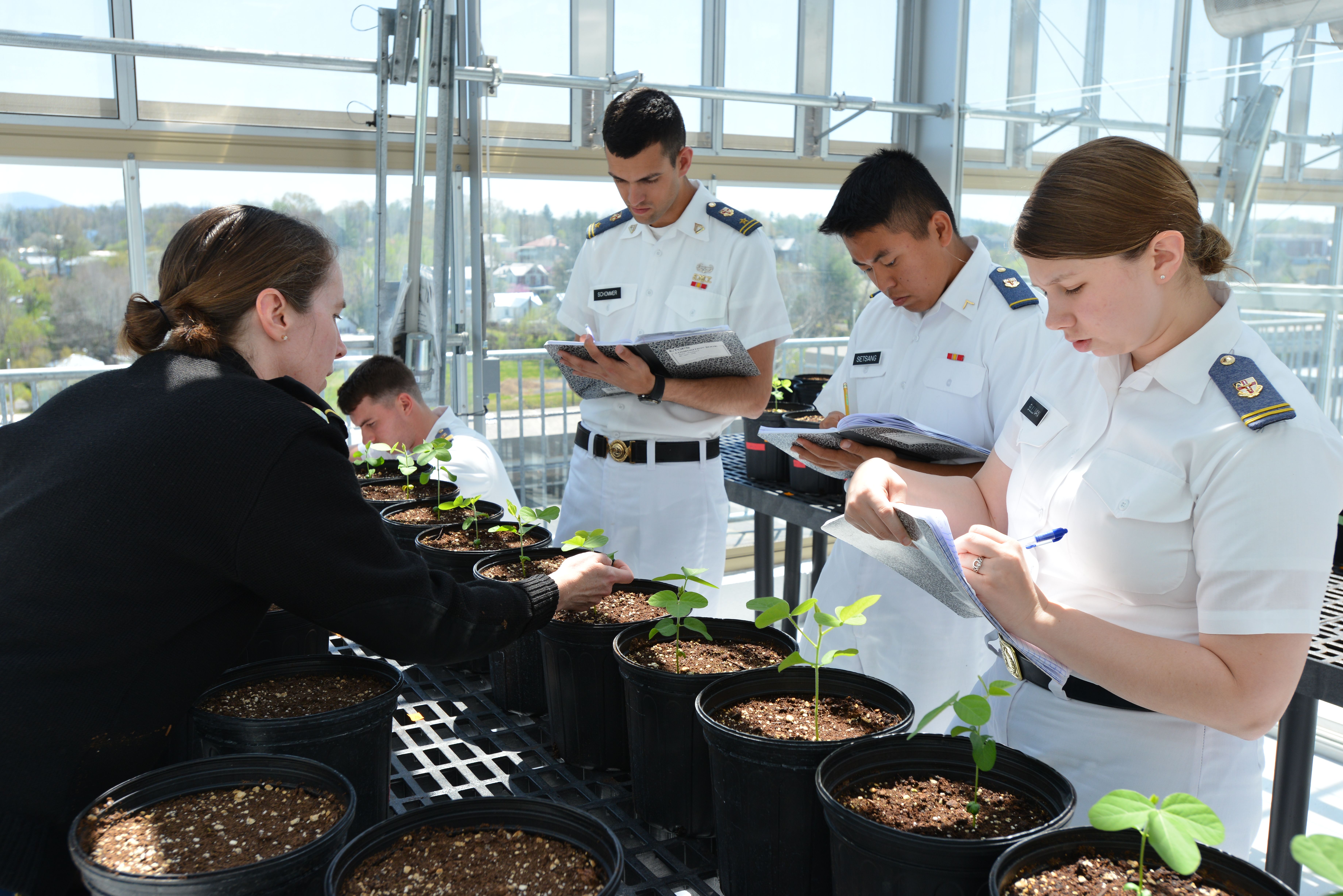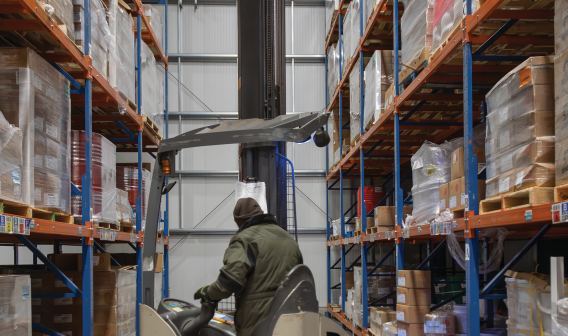The Shenandoah Valley: Food & Beverage Manufacturing Finds a Recipe for Success
While many drivers along the Interstate 81 Corridor focus on the beauty of the surrounding mountains, I-81 is the backbone that connects a thriving manufacturing industry. Unlike many interstate systems, I-81 circumvents major metro areas to connect smaller and mid-size cities. But throughout those cities and scenic stretches of Blue Ridge beauty are manufacturing operations that support one another and buyers around the world. A journey along I-81 reveals just how impressive a package Western Virginia offers manufacturers in almost any industry looking for a supportive region in which to expand.
The Shenandoah Valley has been known as the Bread Basket of Virginia for nearly as long as there have been bread baskets in the Commonwealth. The region’s agricultural past and present is strikingly evident in, and intertwined with, its concentration in food and beverage manufacturing.
The region’s seven counties (Augusta, Bath, Highland, Page, Rockbridge, Rockingham, and Shenandoah) and five independent cities (Buena Vista, Harrisonburg, Lexington, Staunton, and Waynesboro) are home to a wide variety of manufacturers supported by a labor force of 175,000. The region has a track record of success in manufacturing, including the recently announced $1-billion expansion by Merck and the recognition by Colliers as one of the top 10 emerging U.S. industrial markets to watch in 2019.
Among manufacturing companies in the region, food and beverage companies stand out. The region’s employment in food manufacturing is more than four times the national average. And 10 of the companies on Food Processing’s annual list of the top 100 food and beverage companies in the United States and Canada call the Valley home.
While those 10 leaders — Anheuser Busch InBev, MillerCoors, Cargill, Pilgrim’s Pride, Perdue Farms, DanoneWave, Hershey Chocolate of Virginia, McKee Foods Corp., Coca-Cola Bottling Co., and Dr. Pepper — are certainly noteworthy, the region is also home to a range of successful specialty producers, many of whom integrate local agricultural products into their recipes.
Sarah Cohen opened Route 11 Potato Chips in 1992 using potatoes from nearby farms. In 2008 the company expanded into a facility in Mount Jackson, chosen largely for its proximity to I-81. Then in 2015 the company took advantage of a grant from the state’s Agriculture and Forestry Industries Development fund (AFID) — a fund inspired by the potato chip manufacturer — and expanded its footprint yet again. This time the company grew into a 25,000-square-foot facility designed for 50 employees. From this location, Route 11 serves several thousand small accounts across the nation and the world.
Of course, Route 11 Potato Chips wasn’t the only one to benefit from the expansion. Under the terms of the AFID grant, the company agreed to buy at least 40% of its potatoes from Virginia farmers. Add to that the fact the company sources 100% of its sweet potatoes from one of the state’s organic producers, and Cohen estimates that it fries up 1.5 million pounds of Virginia potatoes each year.
Route 11 Potato Chips is proof that snack food manufacturing is hot in Virginia. But beverage manufacturing also has a major presence in the valley. The Shenandoah Valley Partnership reports 180% more jobs in beverage manufacturing in this region than the average region in the U.S.
Like Route 11, Old Hill Hard Cider benefits from local agriculture. The Timberville-based company grew out of Showalter’s Orchard and Greenhouse, which had produced sweet cider for 40 years before Shannon Showalter and his wife, Sarah, decided to add hard cider production into the mix in 2012.
That decision proved prescient. According to the Virginia Association of Cider Makers, national cider sales have grown an average of 73% annually over the past five years, and the trend seems set to continue. In 2018, with support from Rockingham County and the state’s AFID program, Old Hill Hard Cider invested in a production facility expansion to meet this growing demand. That investment came with a promise: the company pledged to source 100% of its apples from Virginia farms over the following three years.
Sarah Showalter explained that the investment will help the company better take advantage of the growth and momentum of agritourism along the well-traveled I-81. “The resources will allow us to double our production volume, as well as construct a retail space that will better serve our customers,” she said.
The Shenandoah Valley is a case study in the national growth of agritourism. The region’s agricultural roots are marketed through an award-winning agritourism program, the Fields of Gold Farm Trail. This trail represents over 200 open farms, wineries, breweries, roadside stands, farm B&Bs, farm-to-table restaurants, farmers markets, festivals, and more. Local farms (including orchards and vineyards), working in close concert with the region’s food and beverage manufacturers as well as restaurateurs, are building up local agritourism and the region’s reputation for excellence. A 2019 Vogue article predicted the Shenandoah Valley might be part of the South’s new foodie hotspot. And why not? It’s already the South’s hot spot for food and beverage manufacturing.
